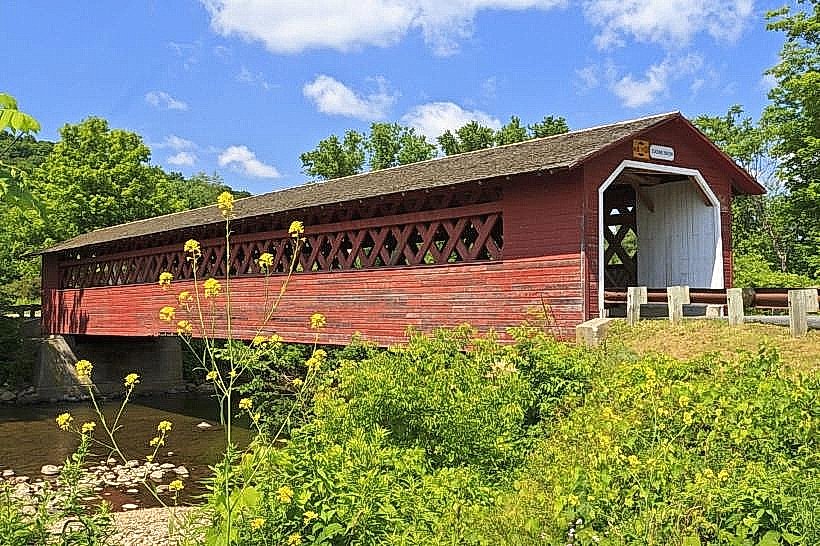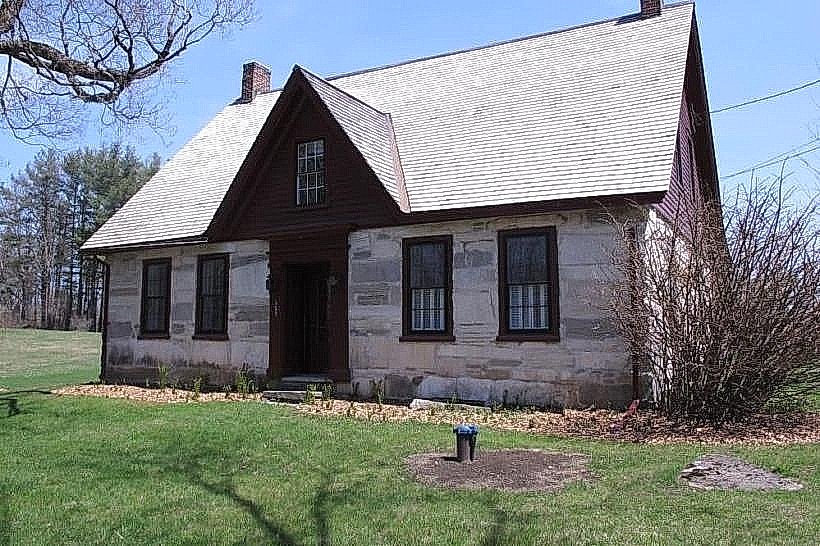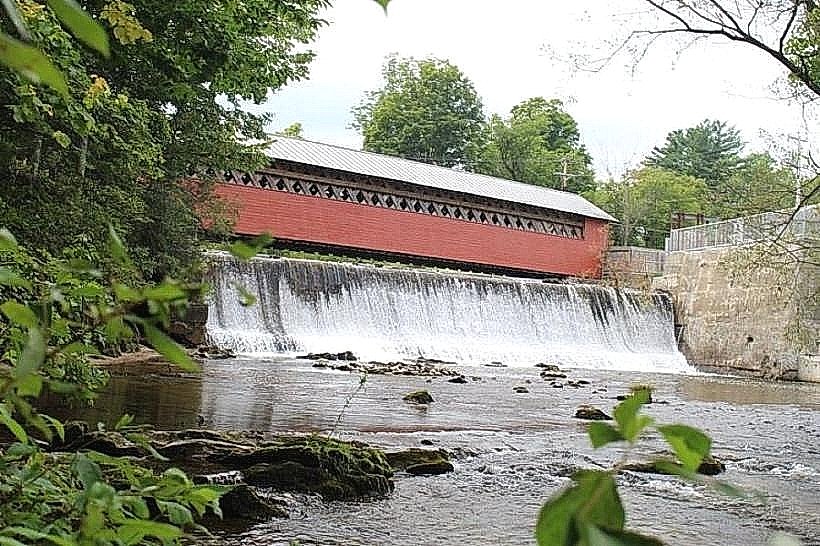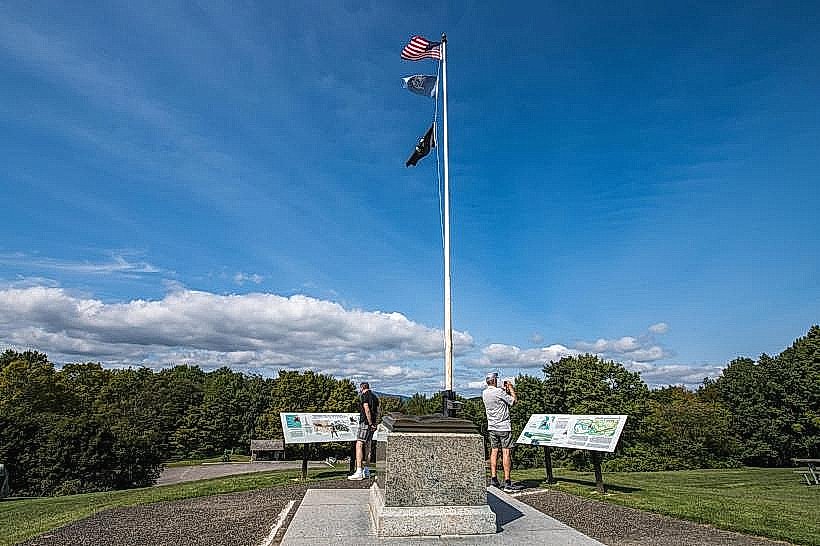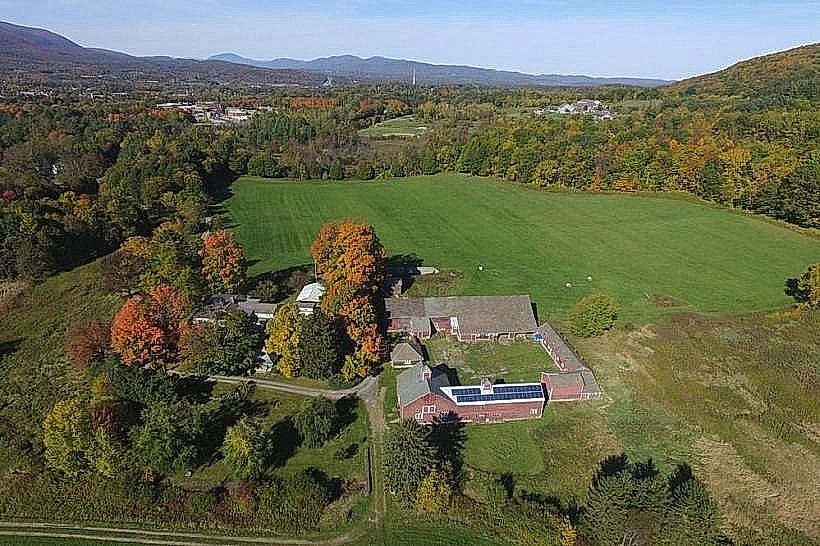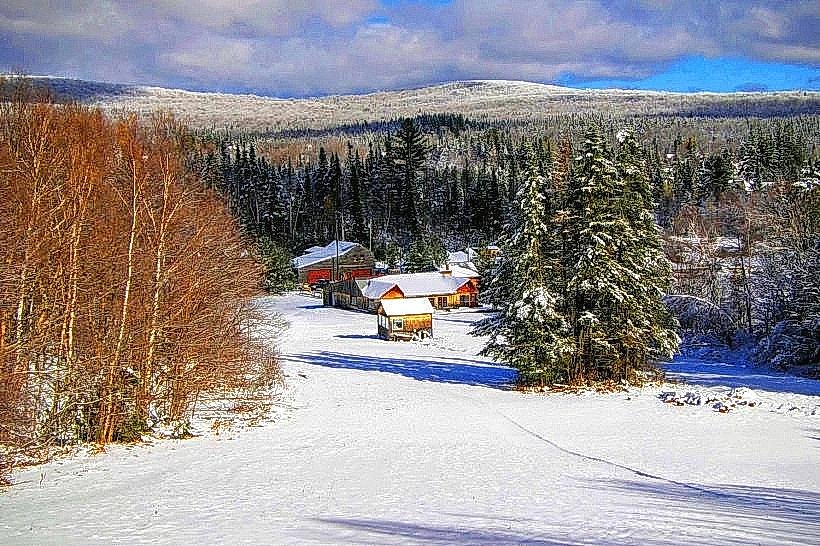Information
Landmark: Walloomsac RiverCity: Bennington
Country: USA Vermont
Continent: North America
Walloomsac River, Bennington, USA Vermont, North America
The University of Koudougou is an institution of higher education located in Koudougou, Burkina Faso.
Visual Characteristics
The university campus comprises several multi-story buildings constructed primarily from concrete and painted in muted earth tones. Structures feature flat roofs and regularly spaced rectangular windows. The grounds are characterized by paved walkways and open, sparsely vegetated areas with scattered trees.
Location & Access Logistics
The University of Koudougou is situated approximately 2 kilometers west of the Koudougou city center. Access is via the N1 national highway. Parking is available on campus in designated lots. Public transport options include local taxis and potentially shared minibuses (car rapide) that service routes passing near the university.
Historical & Ecological Origin
Established in 1978 as the Centre Universitaire de Koudougou, it was elevated to university status in 1990. Its original purpose was to decentralize higher education and provide specialized training in fields relevant to the region's development.
Key Highlights & Activities
Academic programs are offered across various faculties. Visitors may access the campus library during operating hours. Public lectures or events may be scheduled and announced through university channels.
Infrastructure & Amenities
Campus facilities include lecture halls, administrative offices, and student common areas. Restrooms are available within academic buildings. Cell phone signal (2G/3G/4G) is generally reliable on campus. Food vendors are typically located in the vicinity of the university, rather than directly on campus.
Best Time to Visit
For general campus visits, weekdays during academic terms are recommended. The dry season, from November to April, offers more comfortable outdoor conditions. Mid-morning or mid-afternoon provides moderate lighting for photography of the structures.
Facts & Legends
The university was initially conceived as a satellite campus of the University of Ouagadougou, aiming to alleviate pressure on the capital's educational infrastructure and foster regional development.
Nearby Landmarks
- Koudougou Central Market - 1.5km East
- Koudougou Cathedral - 1.8km East
- Regional Directorate of Education - 1km South
- Koudougou Regional Hospital - 2.2km Southeast




